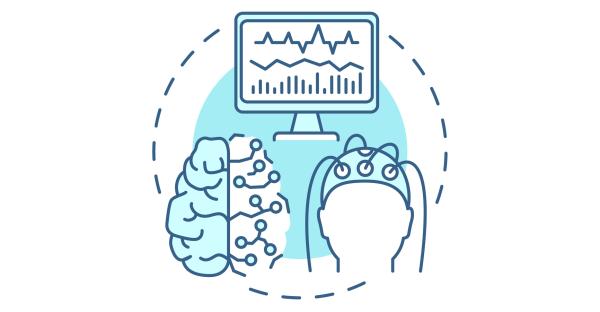Acquired Brain Injury (ABI) home

The Acquired Brain Injury (ABI) Program is made up of many services and teams. It provides services to persons who have sustained an acquired brain injury across the continuum...
The websites to book appointments for blood collection, X-Rays, EKGs and COVID-19 testing will be unavailable from Tuesday April 1st from 2100 – 2130. This is necessary for routine IT updates. During this time, the public will be unable to book appointments on-line and Nova Scotia Health staff will be unable to view the calendar or book online appointments for these services. Some services used by YourHealthNS may be unavailable for a brief period while servers are patched and rebooted.
Starting Saturday, December 14, 2024, the entrance to the QEII Halifax Infirmary Emergency Department has changed to 1840 Bell Road. Learn more.
Please plan for extra travel time when coming to the QEII Halifax Infirmary. As of Friday, March 28 at 6:30 p.m. to Sunday, March 30 at 6:30 p.m. Bell Road will be reduced to eastbound traffic only, coming east on Quinpool Road, as well as north and southbound on Robie Street.

The Acquired Brain Injury (ABI) Program is made up of many services and teams. It provides services to persons who have sustained an acquired brain injury across the continuum...
The Acute Stroke Team at the Halifax Infirmary provides acute medical care, early rehabilitation and when appropriate, and palliative care to individuals who have experienced a stroke.
How do I...
The Stroke Clinic provides care, medical follow-up and education for patients who have had a stroke.
These sessions are for anyone who has experienced a concussion within the past 6 months. If you sustained an injury more than 6 months ago you are still welcome. Family...
The Early Supported Stroke Discharge team (ESD) is an interdisciplinary team including Recreation Therapy, Social Work, Occupational Therapy, Physiotherapy, Rehabilitation Assistants, Speech Language Pathology, Communications Disorder Technician and Dietitian. The...

The Epilepsy Monitoring Unit (EMU) provides safe evaluation and treatment of episodes, seizures, or epilepsy. The goal of admission to the EMU is to record your seizures to help...
(You can find an overview of all Nova Scotia Health's seizure and epilepsy services here, including the First Unprovoked Seizure Clinic and the Epilepsy Monitoring Unit.)
This service...

Note: If you have had a suspected first seizure, you should go to the nearest Emergency Department for further assessment.
If tests do not show any concerning findings and...

The Geriatric Medicine Clinic helps adults 65 years old or older who are living with frailty and other health problems, like falls or changes in memory or thinking.
Frailty...
The term "movement disorders" refers to a group of nervous system (neurological) conditions that affect speed and coordination of movement. Movement disorders include conditions such as Parkinson’s disease, Huntington’s disease...